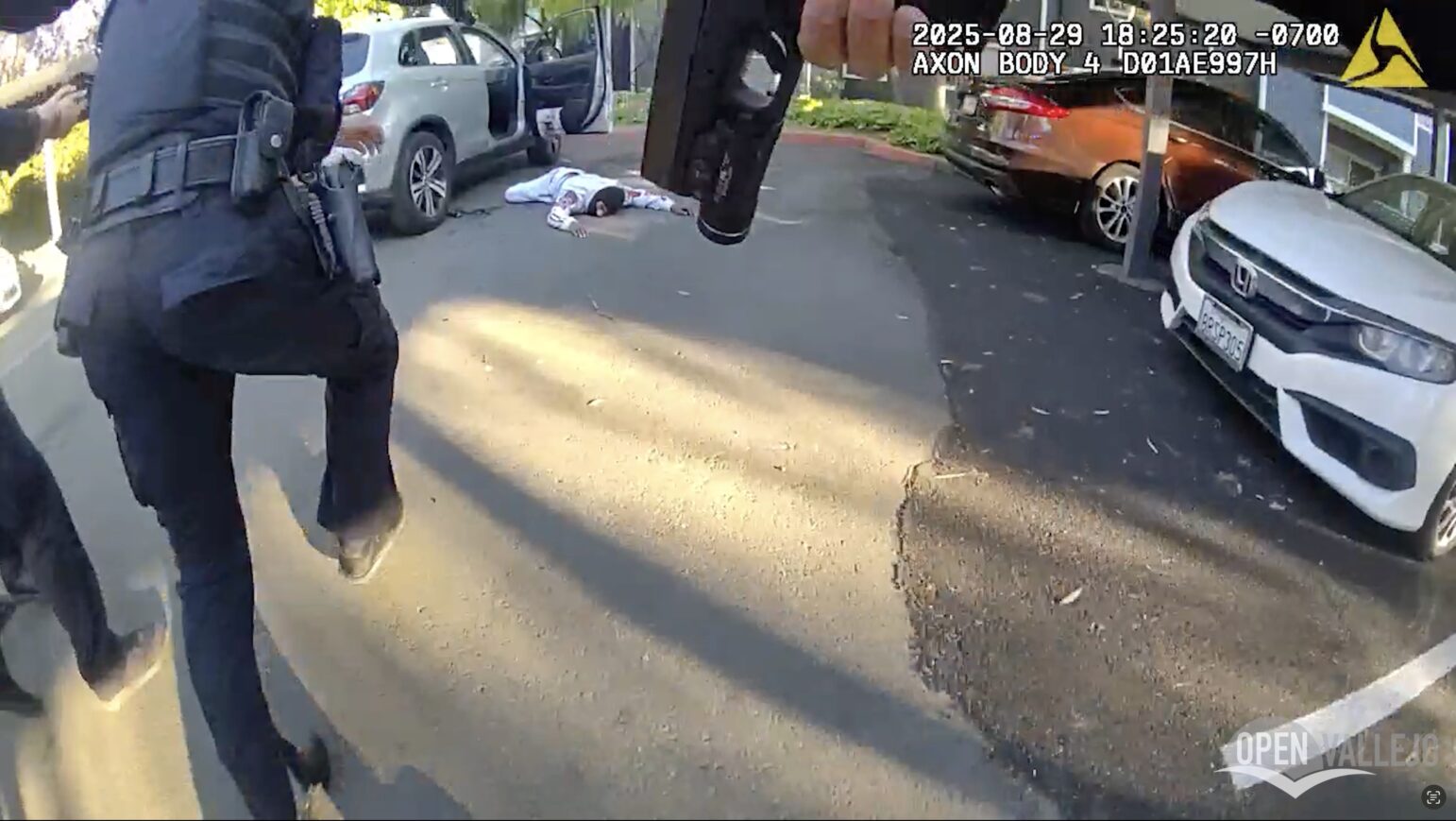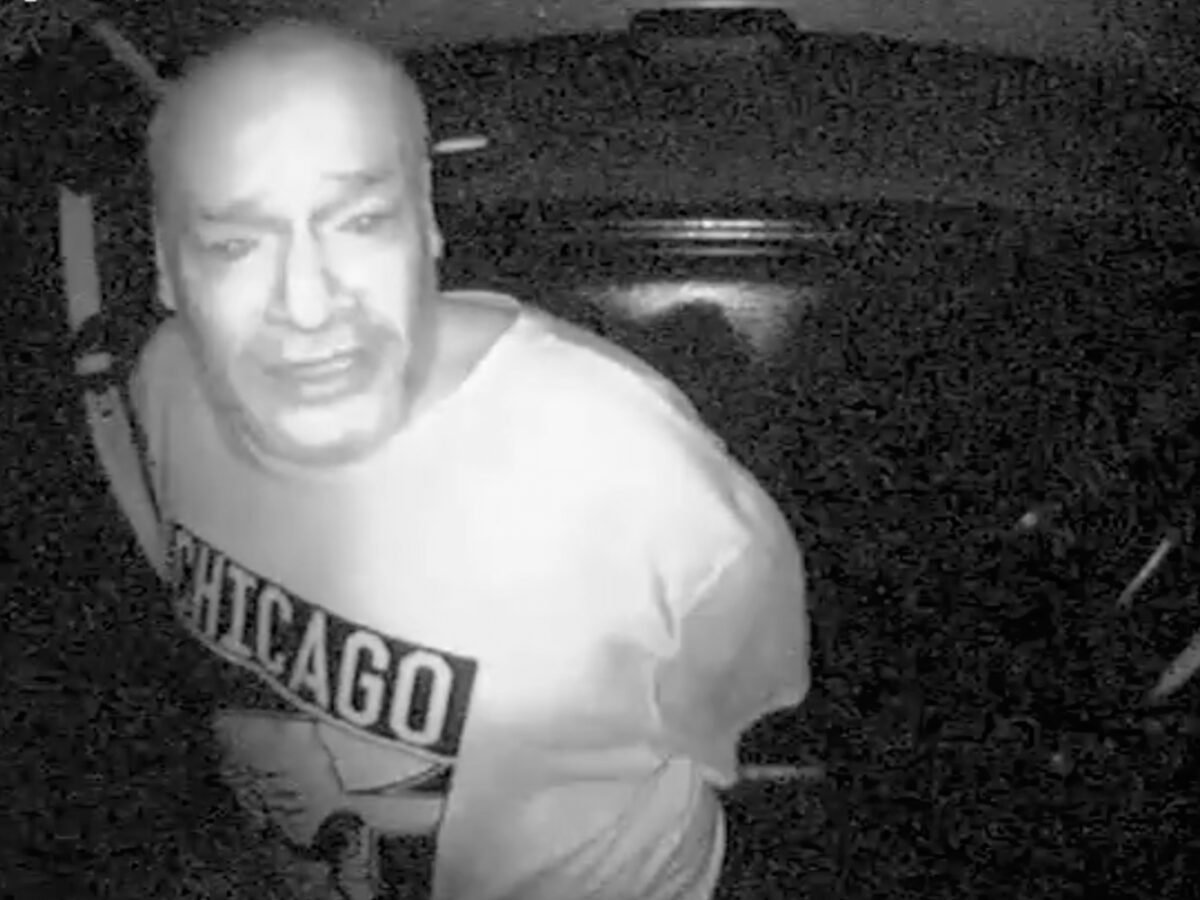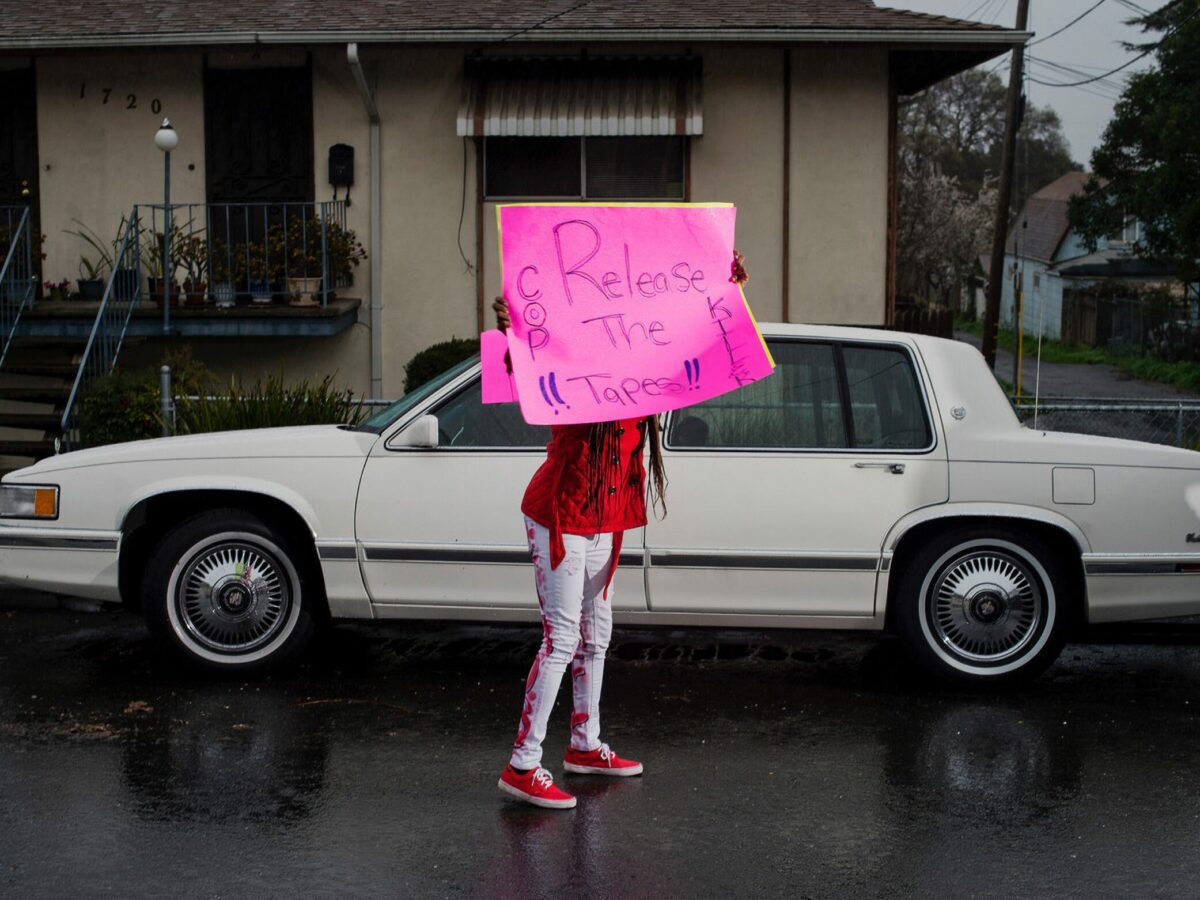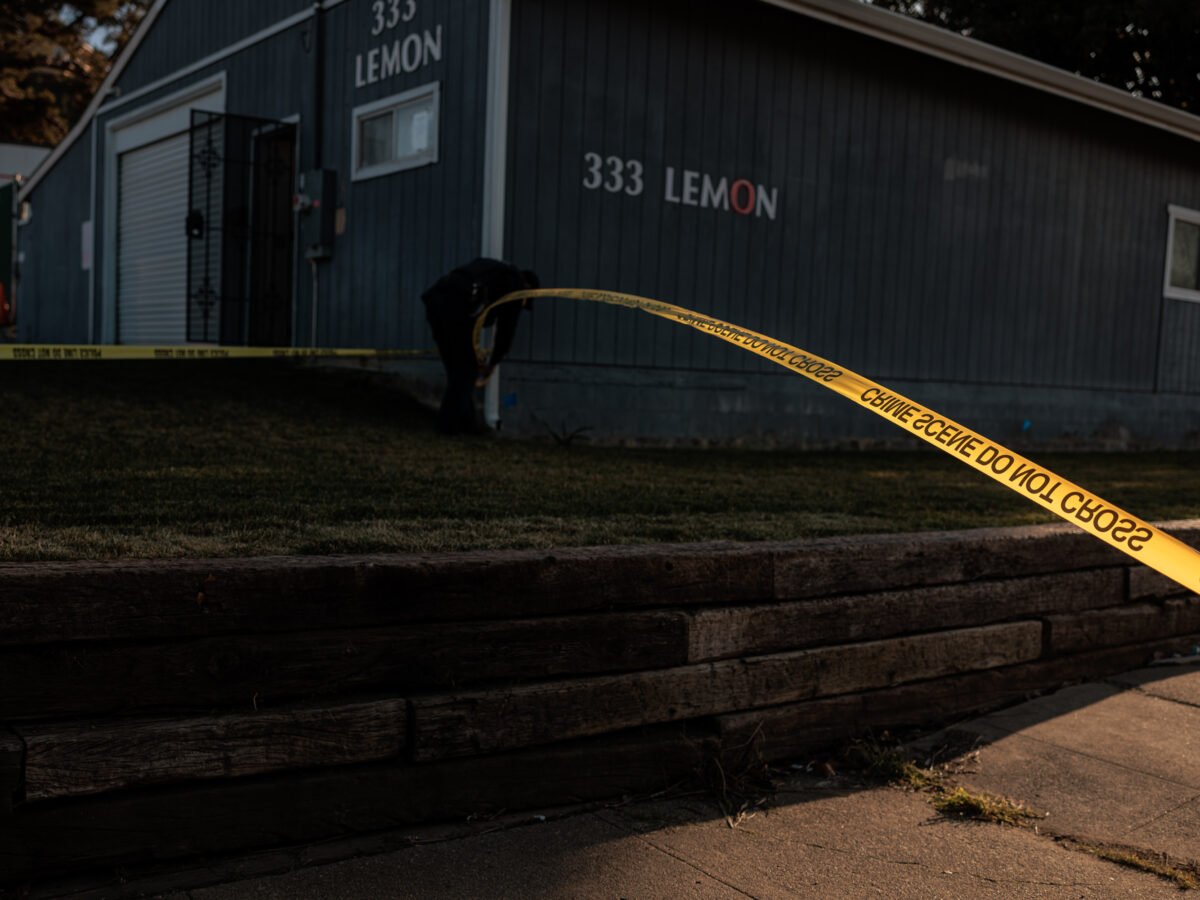
New footage from the Aug. 29 Vallejo police shooting of Alexander Schumann appears to show a detective telling one of the shooting officers that the situation was “not a big deal” — while also revealing, for the first time, just how close the 24-year-old came to dying.
The more than 60 minutes of previously unreleased and unredacted footage, obtained by Open Vallejo, also provides multiple angles of the shooting and its aftermath. Both the Vallejo Police Department and the Solano County District Attorney’s Office have refused to disclose the footage despite a state law mandating the prompt release of audiovisual records relating to police shootings.
The district attorney’s office did not immediately respond to a request for comment.
Vallejo police officers Himanshu Saini and Daniel Saravia shot Schumann after he allegedly pointed a pellet gun at them amid an apparent mental health crisis at an East Vallejo apartment complex. The officers began firing as Schumann turned away from them and raised his hands above his head, striking him in the back, hip, and leg, video shows.
On Sept. 19, Solano County prosecutors filed a motion to seal all evidence in the case, including the video recordings. Open Vallejo intervened to oppose the motion, which Solano County Superior Court Commissioner Jennifer Proctor denied on Sept. 23. The judge gave prosecutors the option of re-filing the motion at a later date.
Solano County prosecutors have asserted in court papers that they can withhold footage of nonfatal police shootings until criminal proceedings conclude. In December 2023, Open Vallejo sued Solano County District Attorney Krishna Abrams, alleging the policy violates a 2019 law, Assembly Bill 748, which requires agencies to disclose audiovisual records of police shootings within 45 days unless the release of the materials substantially interferes with an active criminal investigation, “such as by endangering the safety of a witness or a confidential source.” That lawsuit is ongoing.
Other agencies, including the Solano County Counsel’s Office, Benicia Police Department, and the Napa County sheriff, county counsel, and district attorney, have all acknowledged that AB 748 applies to audiovisual records requested by this newsroom. The Vallejo Police Department has formalized AB 748’s requirements as a matter of policy, one of dozens of reforms required of the agency by the California Department of Justice.
“Video evidence in the possession of VPD for a critical incident shall be released to the community within 14 days of the knowledge of its existence,” subject to the requirements of AB 748, the department’s policy manual reads.
However, Vallejo police have yet to disclose audiovisual records of the Schumann shooting beyond the roughly three minutes of redacted footage the agency screened at a Sept. 11 town hall.
“All the evidence belongs to the DA,” Vallejo police spokesperson Sgt. Rashad Hollis told Open Vallejo on Sept. 15. He declined to comment for this article.
During a June 2018 hearing of California’s Senate Judiciary Committee, AB 748 author Phil Ting said he wrote the bill to prevent law enforcement agencies from avoiding or delaying the disclosure of critical incident videos by claiming they relate to ongoing investigations.
“The current method doesn’t engender transparency, which is the whole point of body cameras,” Ting said. “This bill will build greater public trust and set a baseline across the state.”
On Sept. 29, Open Vallejo reported that two Vallejo police oversight officials made online comments suggesting the Schumann shooting was justified after seeing a small portion of the available footage. One of the officials, Phillip Balbuena, has since resigned.




